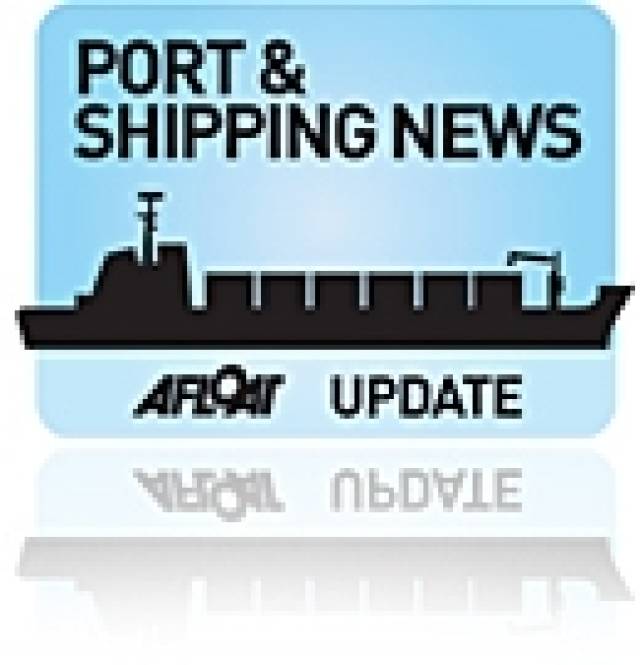#CleanFuels - Negotiators for the European Parliament and the Council reached an informal first reading agreement yesterday on the Clean Fuel Strategy. If confirmed by EP's Transport Committee and Plenary, the Directive could still be adopted before the EU elections and finalised under the Greek Presidency.
"We would like to congratulate the negotiators for reaching this agreement. European ports and stakeholders now have a clear view of what is expected from them and can start or continue working towards that goal. The obligations foreseen in this Directive imply quite some investments and planning for the port authorities and port industry. We are convinced that this Directive together with the funding opportunities that will be offered under the forthcoming TEN-T calls will enhance the use of cleaner fuels in maritime transport in a realistic way. We also believe that a lot of ports will not wait for 2025 to meet the obligations of this Directive", said European Sea Port Organisation (EPSO), Secretary-General Isabelle Ryckbost.
The two issues of importance to ports in this Directive are the framework for the supply of shore side electricity and the obligations as regards the provision of refuelling points for LNG in ports.
On shore side, Member States must ensure that the need for shore-side electricity supply for inland waterway vessels and sea-going ships in maritime ports is assessed in their national policy frameworks. Such shore-side electricity supply shall be installed, as a priority in ports of the TEN-T Core Network, and in other ports, by 31 December 2025, unless there is no demand, the costs are disproportionate to the benefits, including environmental benefits.
As regards the LNG refuelling points, Member States must ensure that an appropriate number of refuelling points for LNG are put in place at maritime ports to enable LNG inland waterway vessels or sea-going ships to circulate throughout the TEN-T Core Network by 31 December 2025 at the latest. Member States must cooperate with neighbouring Member States where necessary to ensure adequate coverage of the network.
































































